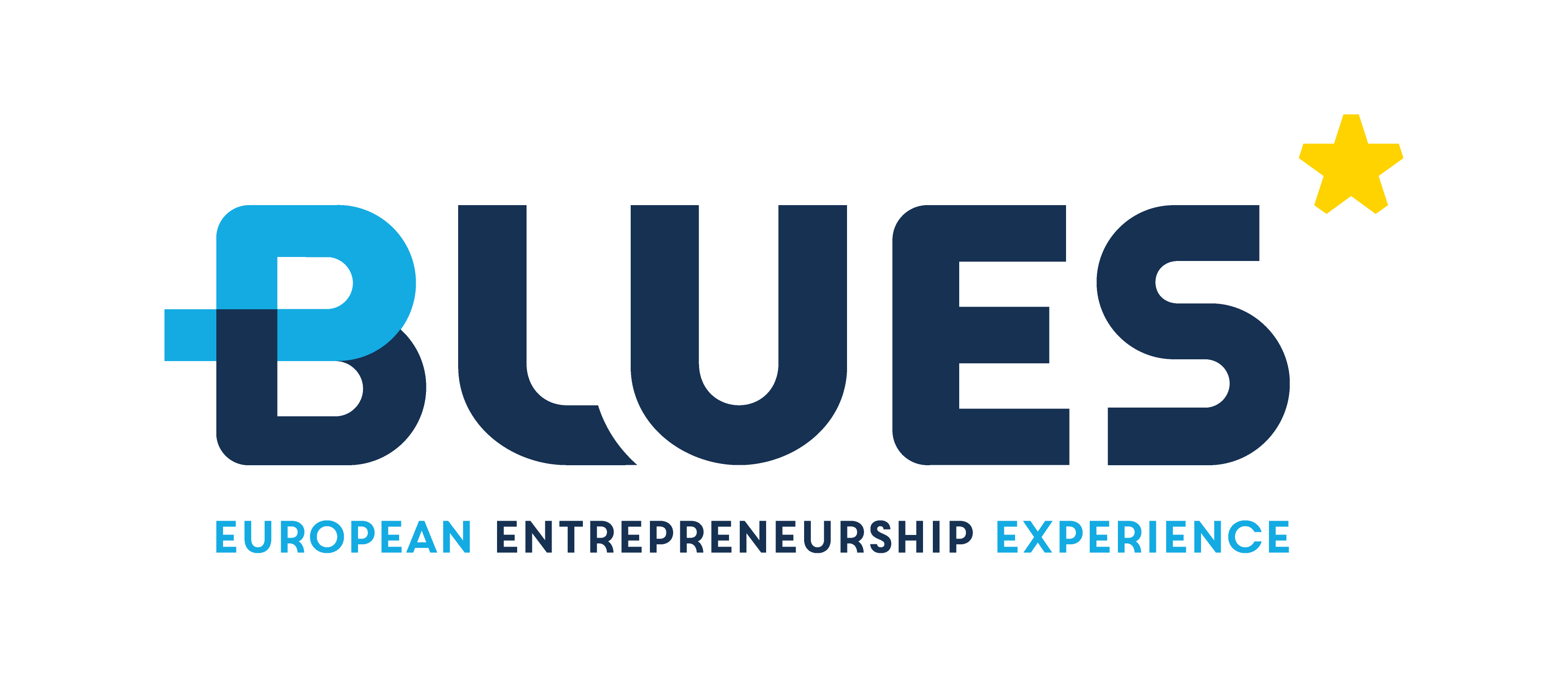Module 3. Business Analysis And Strategic Management
The third module of this course deals with business analysis and strategic management. It analyses the sources of entrepreneurial ideas, which often come from professional experience, but may also derive from personal experience, frustration with what is already available on the market or simply passion for something. We will take a look at the business model canvas, which is a powerful strategic tool for developing and assessing new business models, with the value proposition at its centre. This module concludes with some advice about how to manage a startup in order to increase the likelihood of success.
The instructor is Ricardo Zozimo, Assistant Professor in Management at Universidade Nova de Lisboa. The module is divided into the following three topics:
- 3.1 Market assessment and customer development. Main techniques.
- 3.2 Lean Startup. Business Model Canvas.
- 3.3 Lifecycle management of an entrepreneurial initiative. Main techniques.


